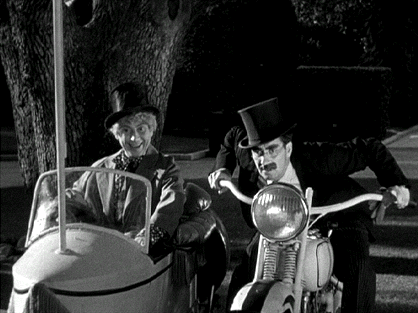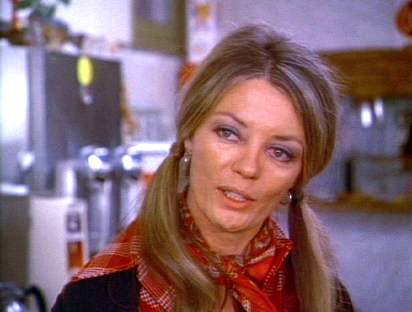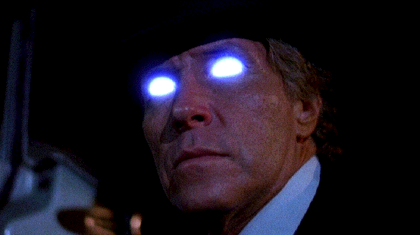Director: Leo McCarey
Writers: Bert Kalmar, Harry Ruby, Arthur Sheekman, Nat Perrin
Producer: Herman J. Mankiewicz (uncredited)
Cast: Groucho Marx, Chico Marx, Harpo Marx, Zeppo Marx, Margaret Dumont, Louis Calhern, Edgar Kennedy, Raquel Torres, Edmund Breese, Edwin Maxwell, Charles B. Middleton, William Worthington, Davison Clark, Leonid Kinsky, Verna Hillie, George MacQuarrie, Fred Sullivan, Eric Mayne, Wade Boteler, Carrie Daumery
Wealthy widow Gloria Teasdale (Margaret Dumont) will loan millions more of her dollars for the failing economy of the country of Freedonia on one condition: Statesman Rufus T. Firefly (Groucho Marx) must be appointed Freedonia’s new leader. The shifty Firefly comes to power and becomes a suitor to the rich widow. Ambassador Trentino (Louis Calhern) of the neighboring country of Sylvania is also trying to court the widow Teasdale as he schemes to try to have his nation annex Freedonia. The clashes between the two men threaten to start war between the two countries.
The Flashback Fanatic movie review
In 1933 Duck Soup was not as successful as some earlier Marx Brothers films. Perhaps many looking to the movies for escapism during the Great Depression did not want any dark themes like war in their comedies, but that is what gives this movie its edge. One wonders if this finest of the Marx Brothers comedies would have been better or worse received had it been made several years later once it became apparent that Hitler’s Germany would become a worldwide military threat. Duck Soup’s depiction of war as an utterly petty form of lunacy may not have gone down very well once America entered World War II, but there may have been a need to try and laugh off the concerns of war’s storm clouds gathering in the late 1930s.
As far as comedy is concerned, Duck Soup isn’t watered down. This story is totally bereft of sentiment. There are no romantic subplots with a pleasant, bland couple distracting from the schemes and shenanigans of the Marx Brothers. The comedy is so concentrated that even the nearly invisible straight man and fourth Marx brother Zeppo (in his final film) is part of a couple of gags.
Another reason that the film has become so well regarded is that it does not have the usual musical interludes of many other Marx Brothers films. There are no music solos by Chico or Harpo and there are no singing performances by other characters involved in a romance. Such scenes are probably a carryover of the variety provided in vaudeville shows where the Marx Brothers honed their craft. I usually don’t mind the music bits, but most Marx Brothers fans want their comedy non-stop. The few instances of the characters breaking out in song during Duck Soup are funny and playful and involve the Marx Brothers.
There are many scenes and gags that are surreal and plenty of saucy innuendo from Groucho. This film is full of bits that are funny regardless of the storyline. However, the theme of war is what this crazy story keeps returning to. War seems to be inevitable due to Ambassador Trentino’s ruthless ambition and Firefly’s volatile vanity. My favorite bit is when Groucho’s Firefly manages to squander a chance of avoiding war a third time by simply supposing what would happen to his reputation if his offer of reconciliation with Ambassador Trentino is rejected. Firefly is so offended by his own supposition that he strikes the Ambassador with a glove a third time for no reason resulting in a declaration of war.
The concept of war providing sight gags and more opportunities for Marx Brothers puns seems pretty daring. In the midst of battle we see Groucho’s attire changing to a different era of battle dress from minute to minute. Only the Marx Brothers would treat war as an excuse for cosplay.
Duck Soup was my introduction to the madcap mischief of the Marx Brothers. It presents them at their very best demonstrating complete irreverence for social niceties, institutions, and elitism. In doing so they are not part of any solution, but they make us all realize how flawed, phony, and ineffectual people of the upper crust and their conventions may be. The Marx Brothers are often conniving, yet absolutely obvious in their motives despite the distraction of their silly behavior.
A Marx Brothers comedy is funny because it shows how quick-thinking, spontaneous clowns can usurp the social order. This was never more apparent than in Duck Soup.
This is not the sort of comedy meant to be reassuring by pandering. It does not tell us that we are okay because we are more conventional and accepted than some schlub we are laughing at.
Duck Soup also does not give us characters to root for because they are idealized representations of who we think we are or want to be. We may envy Groucho’s knack for mile-a-minute puns and put-downs, admire Chico’s word games and scams that can confuse and con almost anyone (especially Groucho), and appreciate Harpo’s complete lack of inhibitions, yet we do not aspire to be any of them. The Marx Brothers are beings beyond us mere mortals. They puncture the balloons of pomposity and deflate our anxieties by just not giving a damn.




































